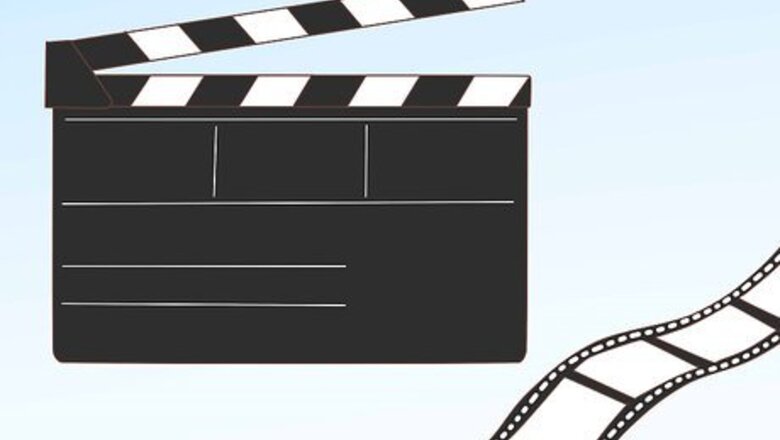
views
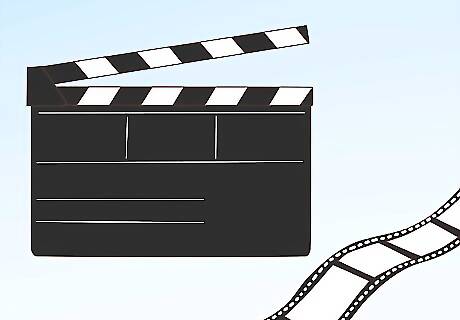
If there is a movie adaptation of the book, watch it. If there is more than one movie, watch as many versions as you can. Read the first and last chapter of the book, as well as the summary on the back or inside flap.
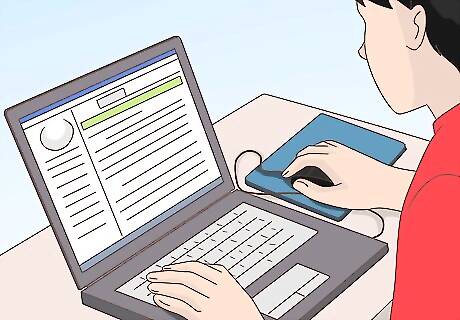
If the book has a Wikipedia page, read it.
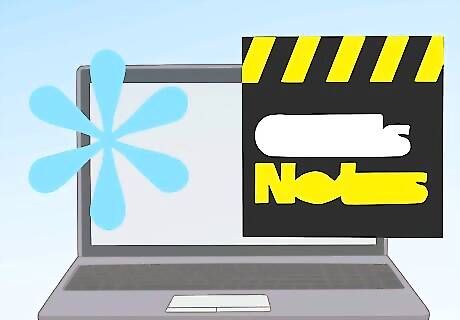
Go to the Sparknotes and/or CliffsNotes websites. If your book is considered literature, especially classic literature (i.e. written before 1950), it is probably featured on one or both of these sites. These websites summarize, analyze, and give context for various books. They also give detailed character and quotation analyses. Take note of the major themes and symbols as well.

If your book is not on these websites, do a Google search on the book title. If the book you did not read pertains to math, science, or social studies, a topic search might also be helpful.
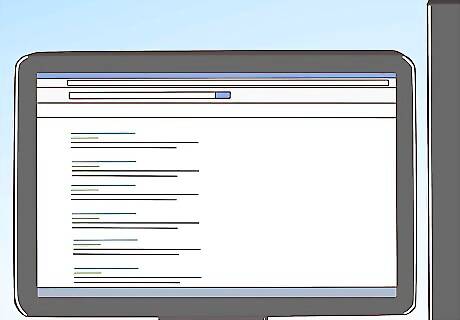
Your search will yield thousands of results. Don't waste time sifting! Choose sites that end in .edu, .org, or .gov; these are more reliable for trustworthy information. If you come across any online book reviews from magazines and/or newspapers, read those too. If you learn plenty of information about the book, you'll be more likely to get a better grade.
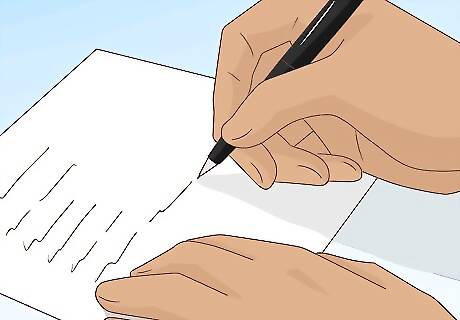
Take notes. It may seem painful, but do it anyway. Learn everything you can about major conflicts and plot points, setting, characters and key themes, symbols and motifs.
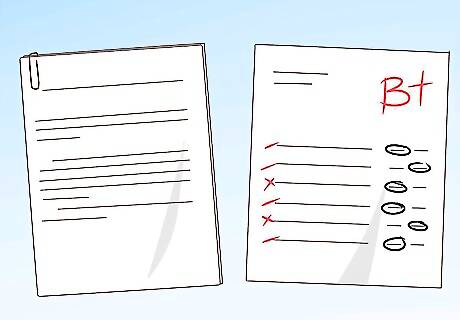
Your teacher will likely expect you to do one of two things: turn in a paper or pass a test taken in class.
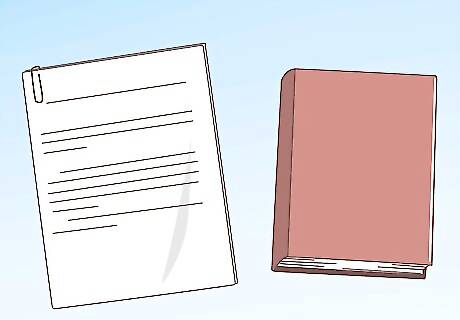
The key to getting a satisfactory result on a paper is to sound like you know what you're talking about. Make yourself a solid outline so you remember to stay on topic. Make sure every point relates back to the book and to your thesis statement. If you can find quotations, structure your paper around them (one paragraph for every quote). Literature is highly subjective and open to interpretation, so as long as you don't go crazy-Freudian you should be safe. Bolster your paper with things your teacher says in class, but re-word it so it doesn't seem like you're just parroting it back. Use plenty of literary terms (metaphor, symbolism, imagery), but be absolutely positive you are using them correctly. You can also ask to borrow a friend's notes--or casually ask what their favorite part was--if you need to glean more information.
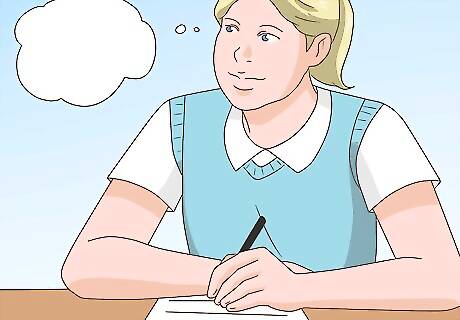
For tests, the key is to remember the context of the book. If it's set in the Victorian era and there's a multiple choice or True/False question that references modern technology, you know that answer is wrong. While watching the movie or reading online articles, pay close attention to key plot points, causes of conflict, and characters' personalities. Memorize as many details as you can, including when and where the book was written, and any information you can find on the author. Carefully analyze each question and eliminate as many possibly incorrect answers as possible.













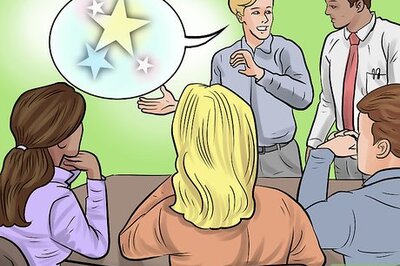




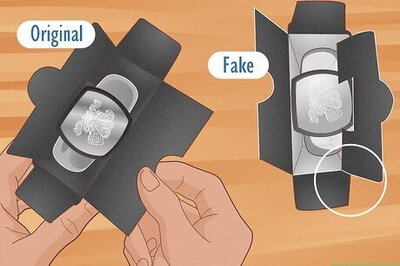

Comments
0 comment